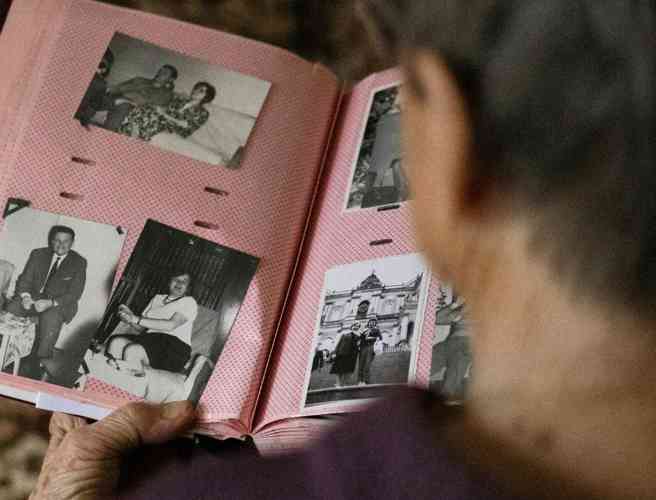Contextuele Benadering
Het hart van de contextuele benadering wordt gevormd door relationele ethiek. Wij mensen hebben het nodig om ons verbonden te weten met betekenisvolle anderen. Of anders gezegd, we willen gezien en gekend worden. Dat biedt ons vrijheid en vertrouwen, de basis om ook zelf van betekenis te kunnen zijn. De belangrijkste bron van die verbondenheid ligt bij je ouders en het gezin. Van daaruit kun je je ook met anderen verbinden. Het zogenaamde weefsel van die verbondenheid bestaat uit loyaliteit, en de bedding waarin het zich kan ontwikkelen is die van rechtvaardigheid.
Je zult mogelijk gemerkt hebben dat deze benadering steeds meer bekendheid krijgt, zowel binnen de hulpverlening als ook in andere mensgerichte werkvelden. Als contextueel hulpverlener probeer je het verlangen naar verbondenheid te mobiliseren, om zo teleurstellingen en blokkades te overwinnen. Daarbij spelen ook de verwachtingen en teleurstellingen van voorgaande generaties een rol.
Het doel van de contextuele benadering is het herstel van een oprechte dialoog met betekenisvolle anderen. Die schept ruimte en vrijheid, die je nodig hebt om te kunnen leven, om van betekenis te kunnen zijn voor anderen, en in het bijzonder voor de volgende generatie. Zo kan een roulerende rekening worden doorbroken.
De contextuele benadering is ontwikkeld door Ivan Boszormenyi-Nagy (1920-2007) en wordt toegepast op al die werkvelden waar met mensen in relaties gewerkt wordt: onderwijs, pastoraat, verpleging, management, etc.
Voortbouwend op de filosofische, ethische en psychologische wijsheid van de westerse wereld, blijft het werk van Ivan Boszormenyi-Nagy, een van de grondleggers van de gezinsbenadering en de grondlegger van de contextuele therapie, ook vandaag nog verhelderend en van toepassing als altijd. Contextuele therapie richt zich op de zoektocht naar eerlijkheid en wederkerigheid in relaties. Het benadrukt de noodzaak van interpersoonlijk vertrouwen, dat bereikt wordt door ‘geven’ en door betrouwbaar gedrag. Contextuele therapie bevordert groei door verantwoordelijke verbondenheid en ziet geestelijke gezondheid als het vermogen om een billijk evenwicht te vinden tussen de eigen behoeften en die van de ander. Het benadrukt vooral de noodzaak om de claims die het verleden op de toekomst legt, te herkennen. Het zijn thema’s die zowel hulpverleners als cliënten al lang hebben bezig gehouden. Ook vandaag nog vormen ze de grondslag van de problemen die de mens tegenkomt. De inzichten van de contextuele therapie bieden integratieve mogelijkheden en presenteren opties voor herstel langs nog steeds relevante manieren.
Horowitz, H. (2009). The Healing Power of Giving : A Contextual Therapy Case Study. Journal of Spirituality in Mental Health, 11(3), 213–217. doi:10.1080/19349630903080970. Vertaling Jaap van der Meiden.

